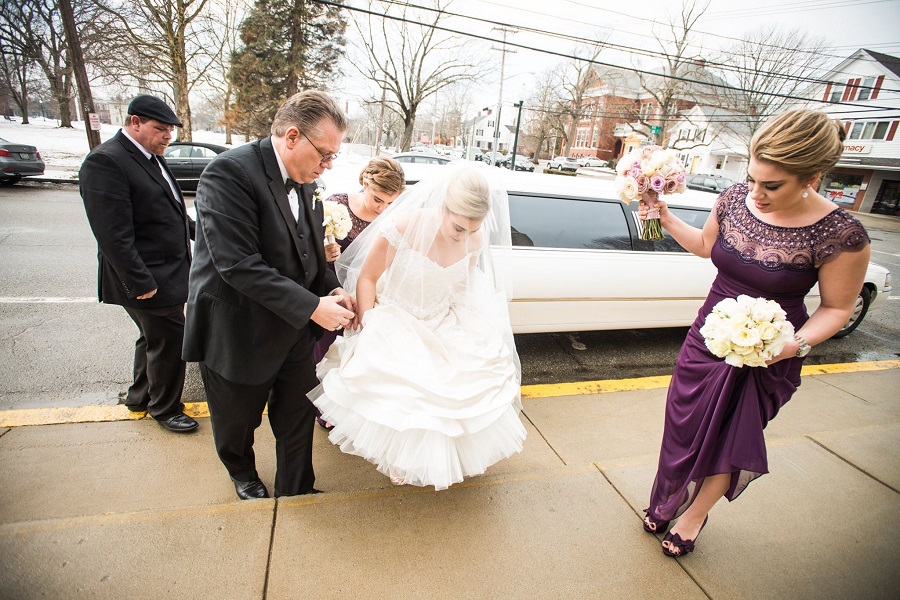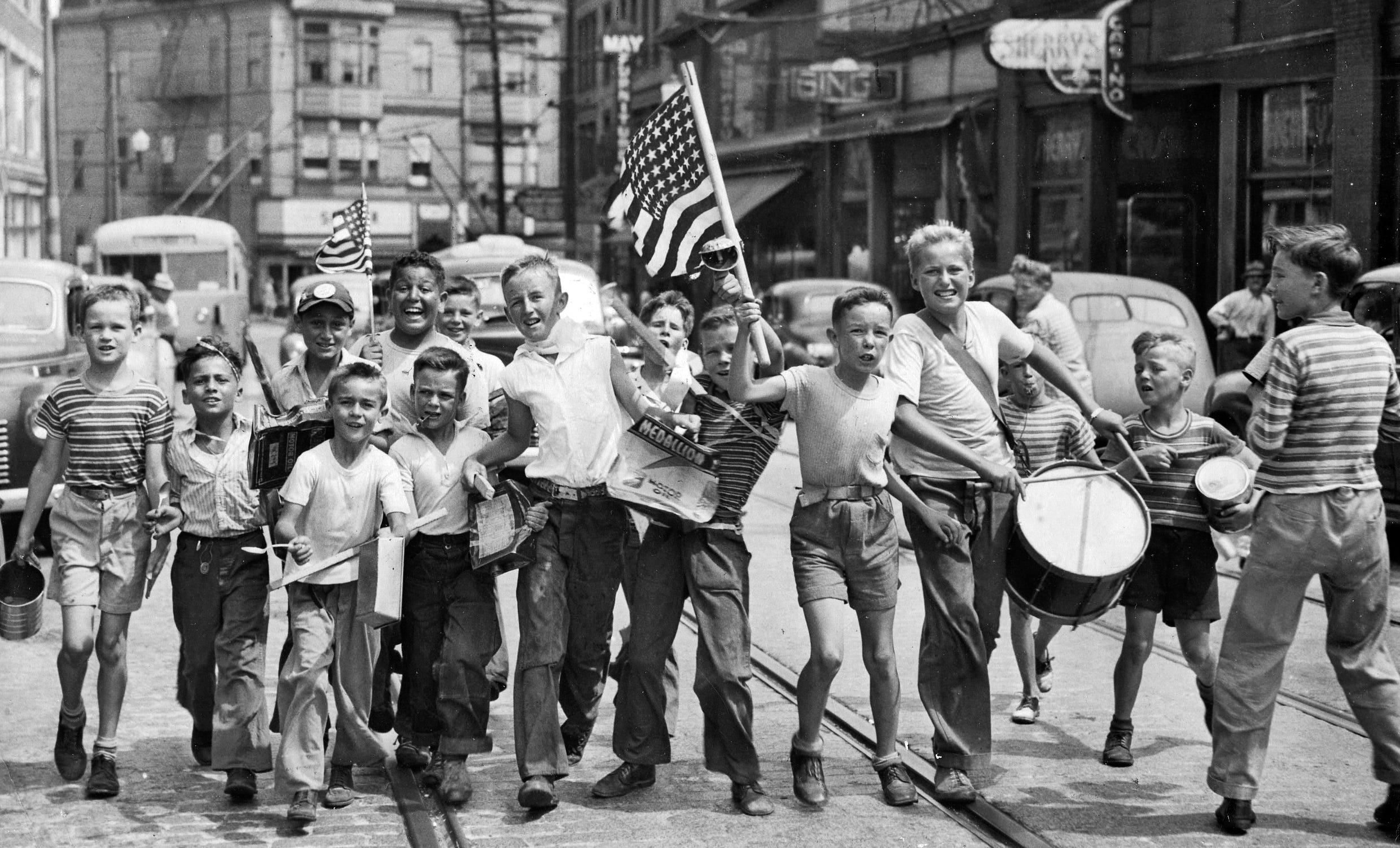


Veterans groups had been pushing for a World War II holiday since as early as 1946, the year after the war ended. Rhode Island established Victory Day in March 1948, almost three years after the end of World War II. 14 deserves special attention for its interplay of state, local, national, and even international politics.” Senate report on the topic.Īs far back as the 1950s, The New York Times wrote that Victory Day – which the paper, like many news outlets then and now, referred to as “V-J Day” – was “always a big legal holiday in Rhode Island.” Author Len Travers, in his “Encyclopedia of American Holidays and National Days,” remarks: “The tenacity of Rhode Island in celebrating Aug. (Arkansas state employees were given their own birthdays off.) While some websites claim Victory Day used to be a federal holiday, too, that appears to be a myth – there is no mention of it in an authoritative 1999 U.S. 14 commemoration, which had been adopted back in 1949, according to state historian David Ware. Rhode Island has been an outlier with Victory Day since 1975, the year Arkansas lawmakers adopted a new list of legal holidays that left off the state’s Aug. It has always been called “Victory Day” on the statute books, going all the way back to its establishment in 1948. And despite what many residents believe, the legal name of Rhode Island’s holiday was never “V-J Day” (short for “Victory Over Japan”). 14 - when Japan’s surrender was announced in the United States - the holiday is observed on the second Monday in August. While the actual event that Victory Day commemorates happened on Aug.

( WPRI) – Monday is Rhode Island’s 74th annual Victory Day, continuing the state’s custom of being the only place in America that honors the end of World War II with a legal holiday.


 0 kommentar(er)
0 kommentar(er)
